The Birkbeck Institute for the Study of Antisemitism holds seminars, workshops and conferences for scholars, and lectures, discussions and film screenings that are open to everyone.
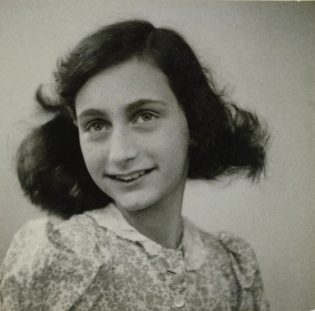
In this panoramic lecture, Simon Schama begins by considering the appeal and significance of Anne Frank and her diary for successive generations.

At this important event, Freddie Knoller, survivor of Auschwitz and Jean-Marc Dreyfus, Holocaust Historian, talk about persecution, internment and survival. A public discussion follows.

Daniel Pick will talk informally about his current research relating to the formation of Anglo-American psychoanalytic ideas about the Third Reich.
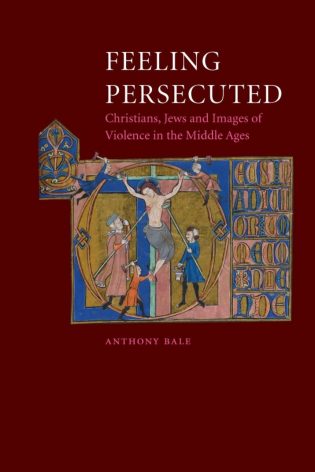
Many medieval Christians believed that Jews committed crimes against Christian children and were out to destroy their religion and way of life. They retaliated with violence of their own, denying Jews the right to religious freedom and peace. Dr Bale’s new book Feeling Persecuted: Christians, Jews and Images of Violence in the Middle Ages exposes […]

This paper re-examines some unpublished data from an interview study of Israelis in Melbourne, Australia, describing their encounters, direct and indirect, with the discourse of antisemitism and the counter-discourses they cite in order (desirably) to disarm the significance of such experiences.
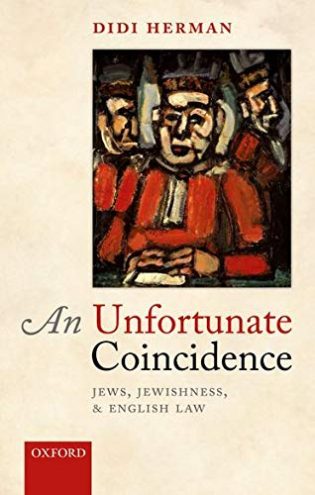
The role religion and race play in determining judicial thinking in England today will be explored in this round-table discussion. It will take as its starting point, Didi Herman’s ground-breaking new book, An Unfortunate Coincidence: Jews, Jewishness and English Law.

Ararat directed, written, and co-produced by Atom Egoyan is based loosely on the Siege of Van during the Armenian Genocide. In addition to exploring the human impact of this specific historical event, the film examines the nature of truth and its representation through art. Ararat stars Charles Aznavour, Christopher Plummer, and David Alpay (2002).

Professor Steinberg will shed new light on the man he describes as, “the most remarkable figure of the 19th century….a political genius who combined creative and destructive traits, generosity and pettiness, tolerance and ferocious enmity…”.

Is it possible to represent the greatest crimes of the 20th century in film? The Killing Fields is about the Khmer Rouge regime in Cambodia, based on the experiences of two journalists. A reflection on artists’ responsibilities and discussion on some of the controversies of representing genocide in film.

This symposium attempts to foster debate and promote a conversation. We aim to consider the broad politics of demonization and within this context better understand aspects of contemporary debate on Israel.

Scholarly work has often suffered from the politicisation of antisemitism, being on occasion corralled – both by scholars and their audiences – for political ends. The aim of this workshop is to focus on ways in which we can collectively push the study of antisemitism forward.
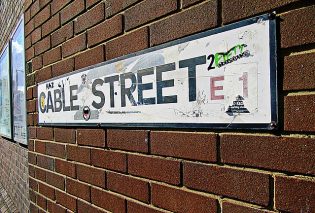
75 Years after the event, the Battle of Cable Street maintains its mythical status. Yet it now seems to have a life of its own, interpreted according to social class, political affiliation and cultural background. Was it a Jewish victory? A working class triumph? How was it understood by following generations?
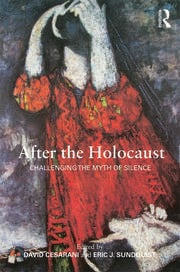
Taking David Cesarani’s book as the starting point, Mary Fulbrook, and Eva Hoffman, whose writings have explored memory, history and the legacy of the Holocaust, will discuss the evidence for ‘silence’ and probe the counter-evidence.
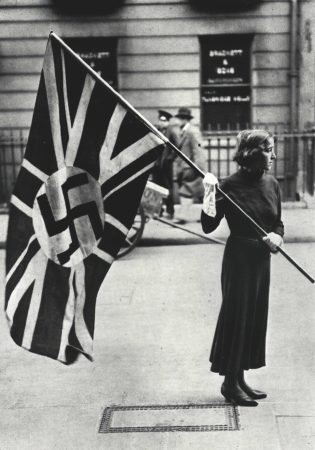
Using a variety of archival sources – including those originating from within fascist circles – Professor Alderman will trace the evolution of this idiosyncratic defence policy and attempt to judge its validity.
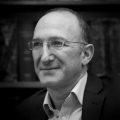
Our work shows how antisemitism has often been intertwined with anti-Muslim, anti-migrant, anti-black and anti-Irish bigotries. Antisemitism and other racisms should not be considered in isolation and still less in competition.
Professor David Feldman, Director